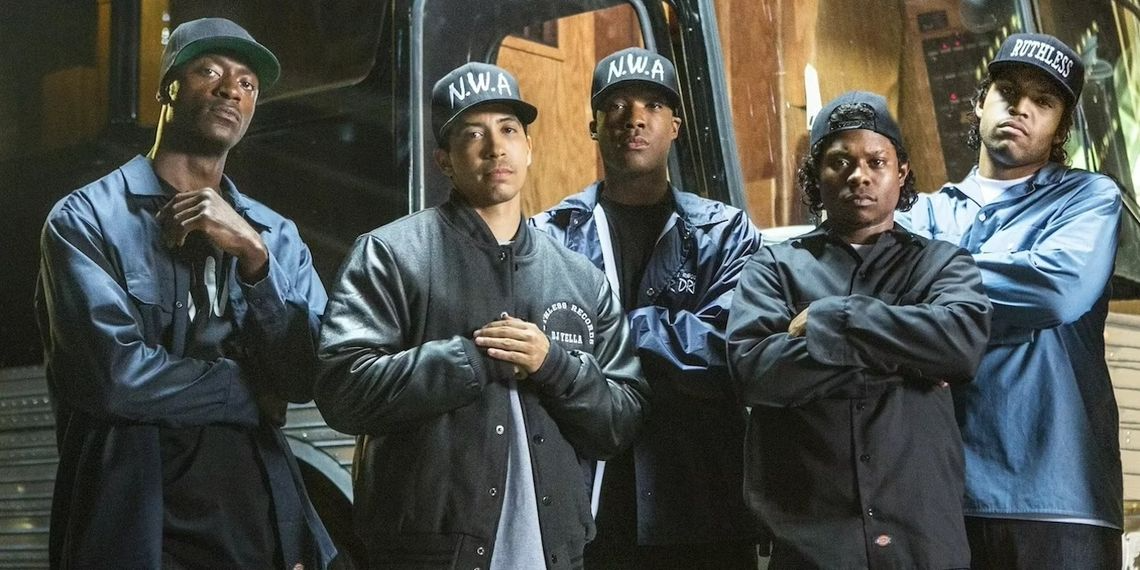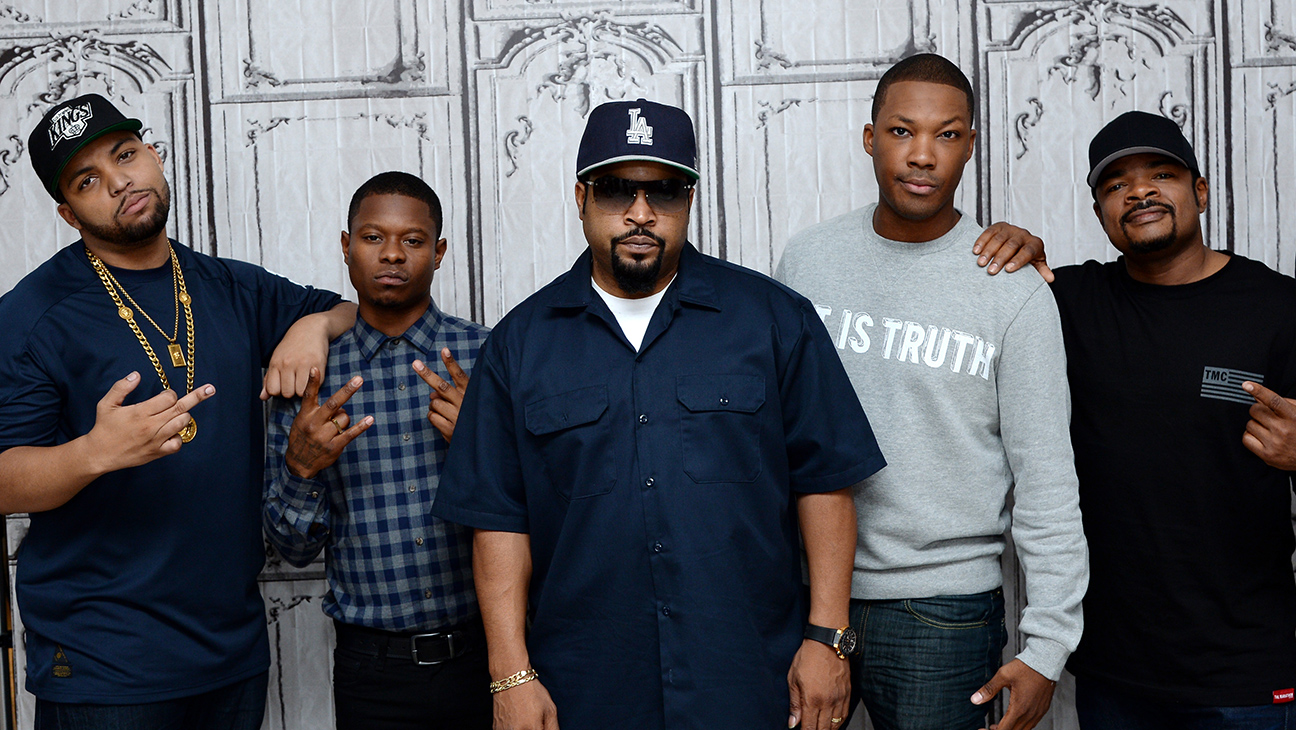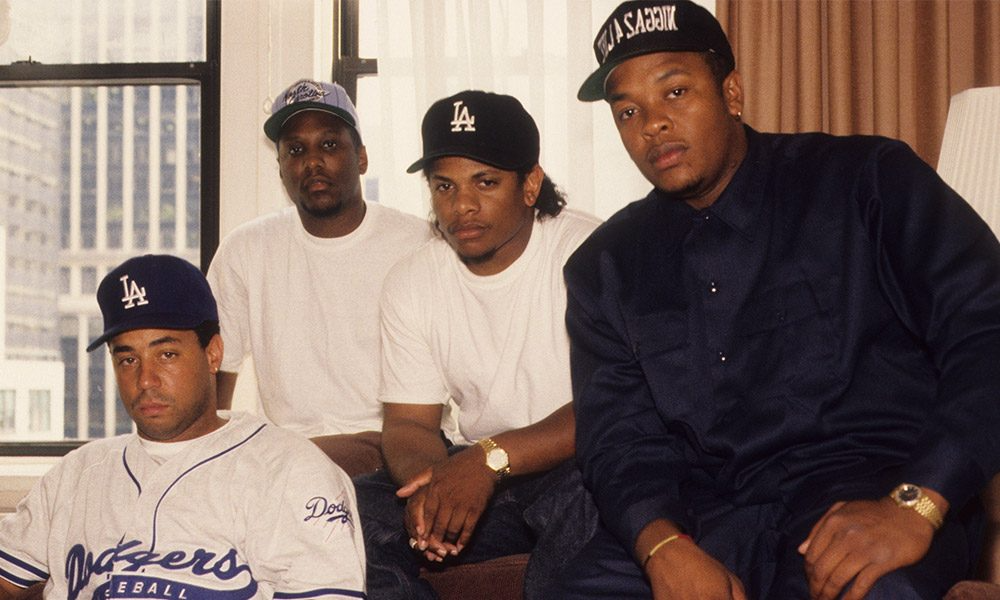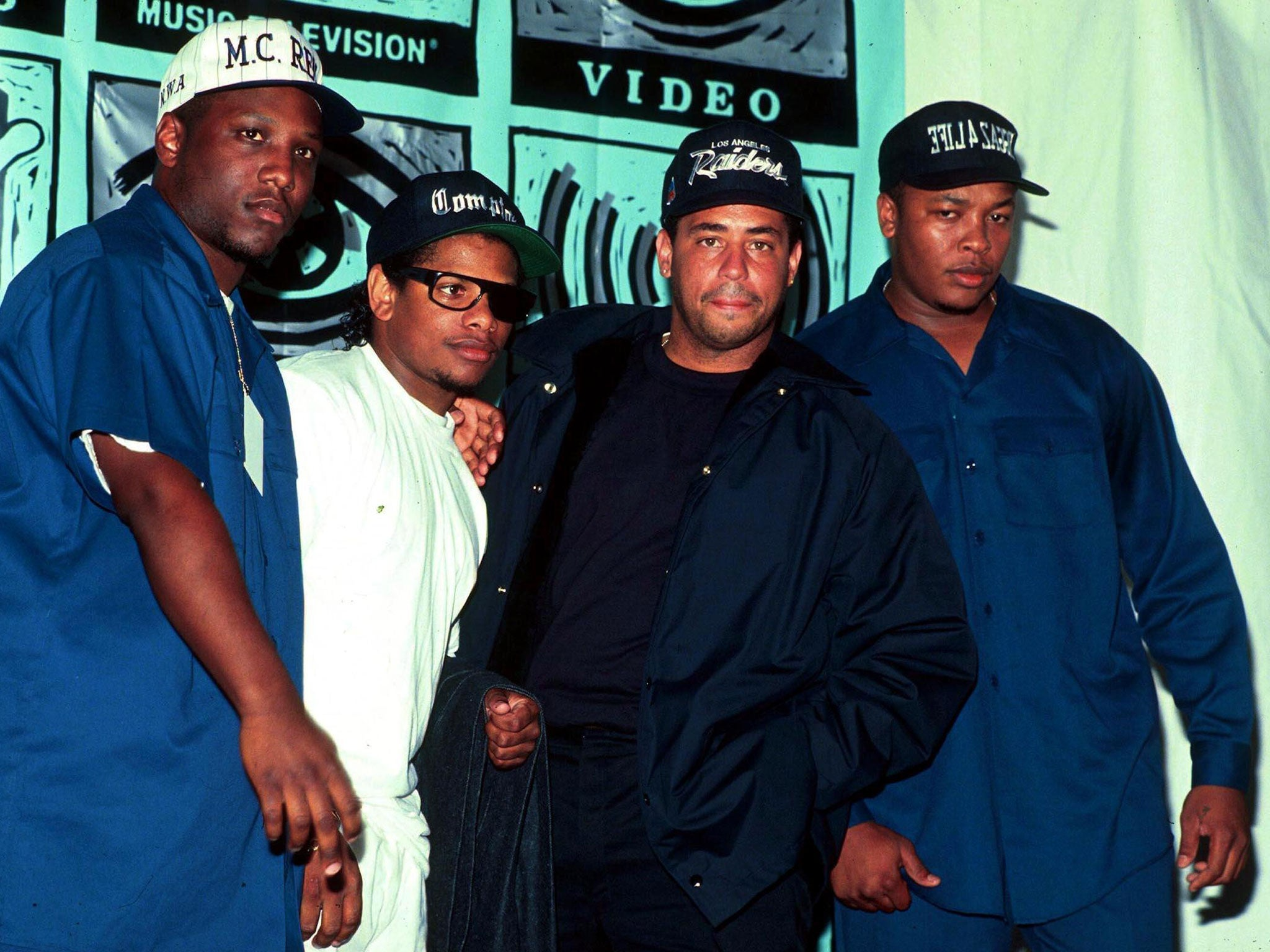Unveiling the Facts and Fiction of ‘Straight Outta Compton’
“Straight Outta Compton,” the 2015 biopic depicting the rise of the N.W.A. rap group, brought the city of Compton into the spotlight, shedding light on the often-overlooked talent overshadowed by prejudice and stereotypes.

The film, featuring Dr. Dre (Corey Hawkins), Eazy-E (Jason Mitchell), Ice Cube (O’Shea Jackson Jr.), MC Ren (Aldis Hodge), and DJ Yella (Neil Brown Jr.), delves into the late 1980s, showcasing the group’s revolutionary impact on gangsta-rap and hip-hop. Their honest narratives about police brutality and street life not only defined their music but also piqued interest in the city of Compton itself. Growing up in South Los Angeles, I witnessed how N.W.A., alongside figures like Kendrick Lamar, elevated the city’s profile, challenging misconceptions about its neighborhoods.

While the film broke box office records and earned an Oscar nomination, it faced controversy due to its portrayal of the group’s career. The heavy disputes over contracts, money, and explicit lyrics, which landed them on the FBI’s watchlist, were accurately depicted. However, like many biopics, “Straight Outta Compton” took creative liberties in certain aspects, such as the creation of the slang term “Bye Felicia.”

The term gained popularity in the film “Friday” (1995), co-written by Ice Cube and directed by F. Gary Gray, who also directed the N.W.A. biopic. In “Friday,” “Bye Felicia” is used to dismiss a woman named Felicia who takes advantage of people in the neighborhood. “Straight Outta Compton” portrays the term’s origin differently, attributing it to a fictional incident involving the group and a woman named Felicia. Despite this fictionalization, the film remains faithful to the essential moments in N.W.A.’s career.

In conclusion, “Straight Outta Compton” serves as a powerful portrayal of the rap group’s impact on music and society, bringing attention to the struggles and triumphs that defined their journey.